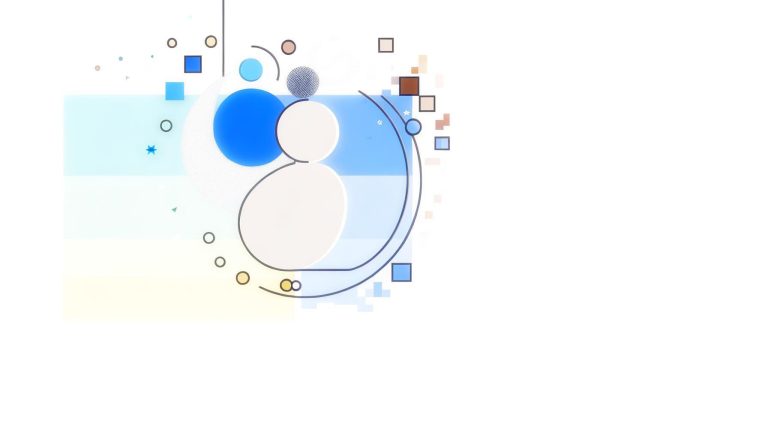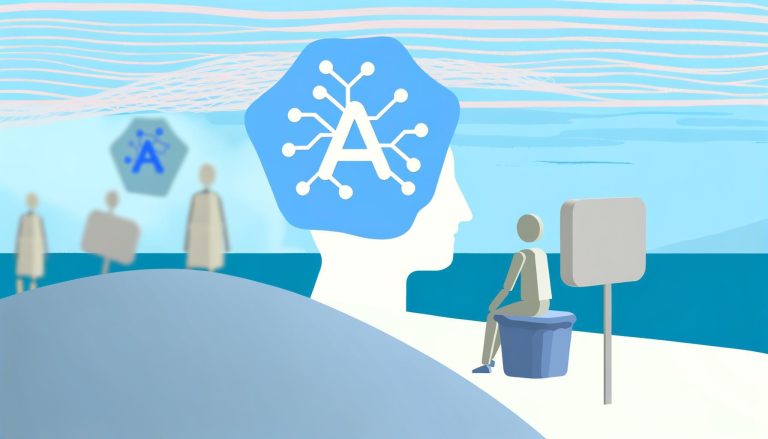Mental health is a significant concern in today’s fast-paced world. As technology advances, AI-powered mental health apps are emerging as innovative solutions to address psychological well-being. But what exactly is the science behind these cutting-edge tools? This article explores the intricacies and benefits of AI-powered mental health apps, their underlying technology, and their impact on mental health care. Let’s understand how AI is revolutionizing the mental health landscape.
Introduction to AI-Powered Mental Health Apps
Artificial Intelligence (AI) is no longer the stuff of science fiction. From smart homes to personalized recommendations, AI is making waves in various domains, including mental health care. AI-powered mental health apps use algorithms, machine learning, and data analysis to offer personalized mental health support. These apps are designed to provide real-time assistance, track mental health trends, and even predict potential mental health issues.
The Technology Behind AI-Powered Mental Health Apps
Natural Language Processing (NLP)
At the heart of AI-powered mental health apps is Natural Language Processing (NLP), a branch of AI that focuses on the interaction between computers and human language. NLP enables these apps to understand, process, and respond to user inputs in a human-like manner. By analyzing text and speech, NLP algorithms can detect emotional cues and provide relevant responses.
Machine Learning Algorithms
Machine learning forms the core of AI-powered mental health apps. These algorithms learn from user interactions, feedback, and data to improve their responses over time. Machine learning models can classify emotions, predict mental health trends, and suggest personalized interventions. This continuous learning process ensures that the app becomes more effective as it gathers more data.
Sentiment Analysis
Sentiment analysis is a subset of NLP that focuses on identifying and categorizing emotions in text. AI-powered mental health apps use sentiment analysis to gauge the user’s emotional state and tailor their responses accordingly. By understanding the sentiment behind user inputs, these apps can provide empathetic and supportive feedback.
User Data Privacy and Security
One of the primary concerns with AI-powered mental health apps is data privacy and security. These apps collect sensitive information about users’ mental health, which makes robust security measures essential. Advanced encryption protocols, anonymization techniques, and strict data privacy policies are employed to protect user data and ensure confidentiality.
Benefits of AI-Powered Mental Health Apps
Accessibility and Convenience
AI-powered mental health apps offer unparalleled accessibility and convenience. Users can access mental health support at any time, from anywhere. This is particularly beneficial for individuals who may have limited access to traditional mental health services or prefer the anonymity and comfort of digital support.
Personalized Support
Personalization is a key advantage of AI-powered mental health apps. By analyzing individual user data, these apps can provide tailored coping strategies, support, and interventions. Personalized support enhances the effectiveness of mental health care and ensures that users receive relevant and targeted assistance.
Early Detection and Intervention
AI-powered mental health apps can play a crucial role in early detection and intervention. By continuously monitoring user interactions and data, these apps can identify potential mental health issues before they escalate. Early intervention can prevent more severe mental health problems and improve overall well-being.
Cost-Effectiveness
Compared to traditional mental health services, AI-powered mental health apps are often more affordable. They provide users with access to mental health support without the financial burden of therapy sessions or consultations. This makes mental health care more accessible to a broader audience.
Challenges and Considerations
Ethical Concerns
While AI-powered mental health apps offer numerous benefits, they also raise ethical concerns. Issues such as data privacy, algorithmic bias, and the potential for misuse of personal information require careful consideration. Ensuring ethical use and transparency is essential to build trust and credibility.
Quality of Interaction
Although AI-powered apps can simulate human-like interactions, they are not a substitute for real human connection. The quality of interaction may vary, and some users may find it insufficient compared to face-to-face therapy. Integrating the human element into these apps is crucial for providing holistic mental health care.
Dependence on Technology
There is a risk of users becoming overly dependent on technology for mental health support. It’s essential to strike a balance and encourage users to seek professional help when needed. AI-powered mental health apps should complement, not replace, traditional mental health services.
Practical Tips for Using AI-Powered Mental Health Apps
Set Clear Goals
When using an AI-powered mental health app, it’s essential to set clear goals. Whether it’s tracking moods, setting personal objectives, or seeking coping strategies, having a defined purpose enhances the app’s effectiveness.
Consistency is Key
Consistency plays a vital role in benefiting from AI-powered mental health apps. Regularly logging data, completing activities, and engaging with the app ensure that you get the most out of its features.
Seek Professional Help When Necessary
While AI-powered mental health apps can provide valuable support, they are not a substitute for professional help. If you’re experiencing severe mental health issues, it’s crucial to consult with a mental health professional.
Review Data and Insights
Make use of the data and insights provided by the app. Regularly review trends, patterns, and suggestions to understand your mental health better. This self-awareness can guide you toward effective self-care practices.
Conclusion
AI-powered mental health apps represent a significant advancement in the field of mental health care. By leveraging technologies like NLP, machine learning, and sentiment analysis, these apps offer personalized, accessible, and cost-effective support. While they come with challenges and ethical considerations, their potential to revolutionize mental health care is immense. By understanding the science behind these apps and using them mindfully, users can enhance their mental well-being and lead healthier, happier lives.
For those looking to integrate AI-powered mental health support into their daily routine, the Zenora app offers features like mood and habit tracking, goal setting, and personalized counseling. These tools can help you monitor your mental health effectively and achieve your well-being goals.





